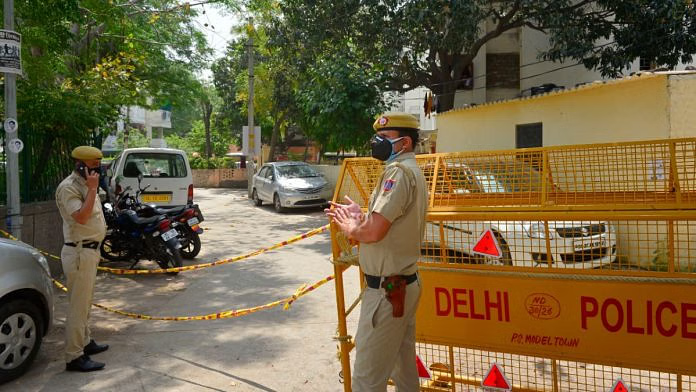Now Reading: Indian Woman Caught Shoplifting in US Target Store, Incident Sparks Debate Online
-
01
Indian Woman Caught Shoplifting in US Target Store, Incident Sparks Debate Online
Indian Woman Caught Shoplifting in US Target Store, Incident Sparks Debate Online

An Indian woman in the US has been arrested for allegedly shoplifting items worth over $1,000 (approx. ₹83,000) from a Target store. The incident, captured on video and now circulating online, has triggered a wave of reactions—some criticising the act, others raising questions about desperation, immigration stress, and cultural stigma. As the clip spreads, it’s become a talking point not just abroad, but also within Indian circles back home.
What Happened at the Store
According to reports, the woman attempted to walk out with unpaid goods that included household items, clothing, and electronics. Target’s security team intercepted her, and local police later confirmed the arrest. The video shows her being confronted outside the store, visibly distressed, as officers question her.
What caught attention was not just the act, but the fact that it involved an Indian-origin individual—highlighting the growing visibility and scrutiny of South Asian immigrants in the US.
Reactions Across Social Media
The incident has drawn strong reactions. Many condemned the act outright, calling it theft regardless of circumstance. Others pointed to possible mental health issues or financial distress, especially among new immigrants navigating a tough cost-of-living crisis in cities like Los Angeles and San Francisco.
Some also questioned the decision to film and circulate the video online, suggesting that public shaming doesn’t solve deeper issues. Several Indian users commented that while the act is wrong, it also shows how people can lose direction under pressure abroad.
Why This Story Matters in India Too
For many middle-class families in Tier 2 cities like Jaipur, Bhopal, or Lucknow, moving abroad still represents success and upward mobility. Stories like this challenge that narrative. They expose a less glamorous side of immigrant life—where visa issues, job insecurity, and high living costs can lead to difficult choices.
This incident also brings forward questions around identity, reputation, and what happens when cultural values clash with personal crisis. It reminds many that life overseas, especially for first-generation immigrants, often comes with silent struggles behind the scenes.
Conclusion
The shoplifting case may seem like just another petty crime, but its ripple effect is far deeper. It brings into focus the complicated realities faced by immigrants—and the public pressure they often live under. As the video continues to go viral, it’s not just about one woman’s mistake. It’s also about what it reflects: the emotional and social cost of chasing a better life, and the importance of empathy in judging others’ circumstances.

























